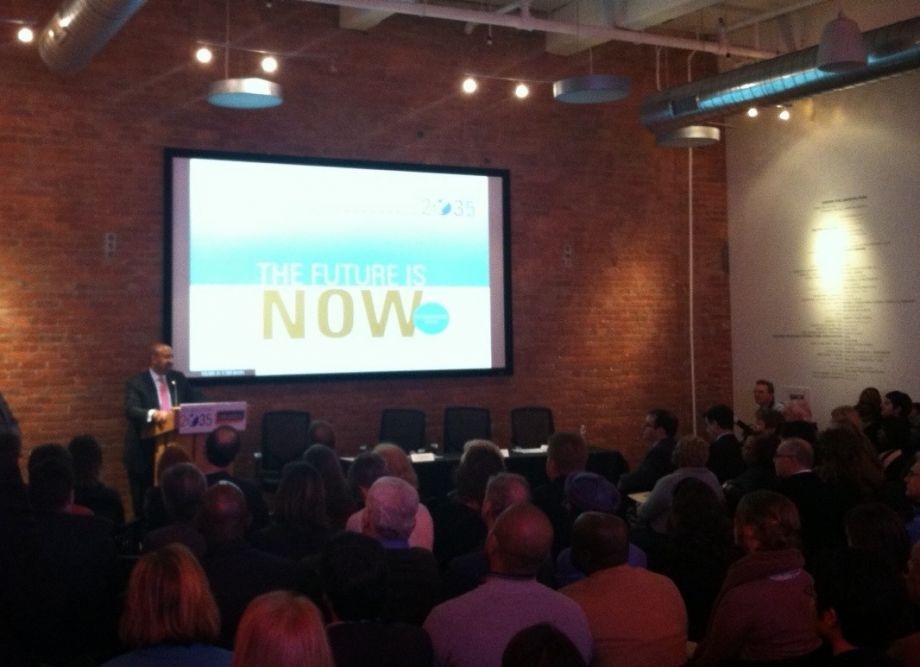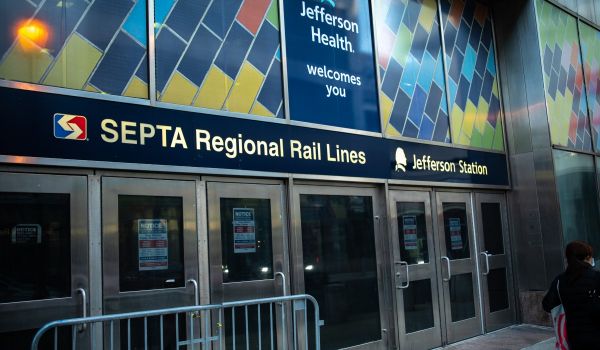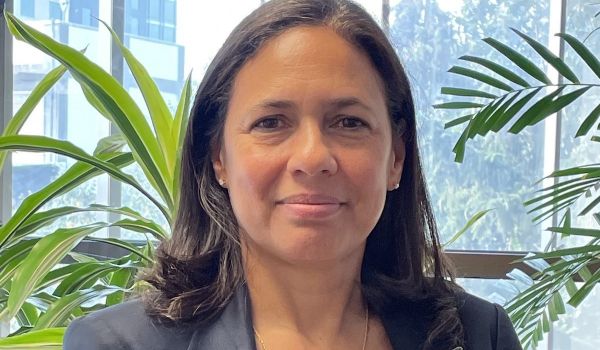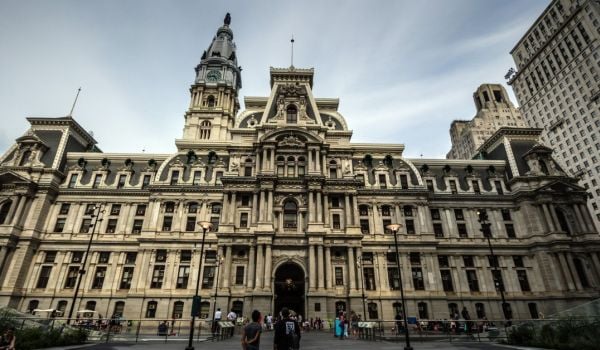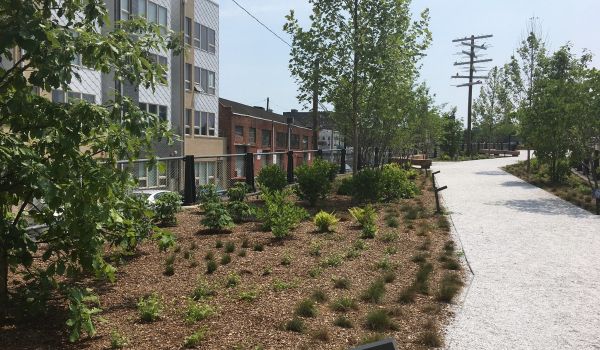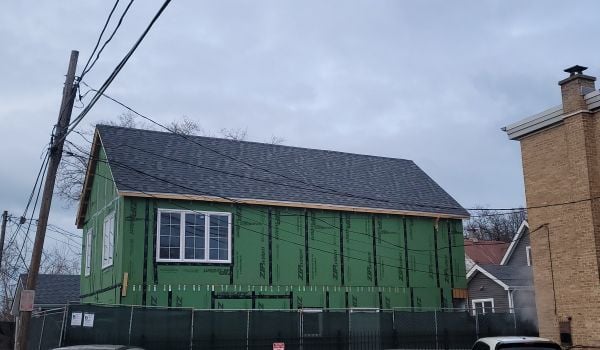In an event last night at the Center for Architecture in Philadelphia, local leaders and planners gathered to mark the progress since a new citywide zoning code was introduced last August, while looking ahead to Philly’s long-term development strategy, Philadelphia2035. Both relied heavily on an award-winning community engagement process.
Opening with a YouTube video advertising the Philadelphia2035 plan, Eva Gladstein introduced a panel composed of Deputy Mayor for Environmental Resources Michael DiBerardinis, Deputy Mayor for Economic Development Alan Greenberger, as well as Chief of Staff for the Mayor’s Office of Transportation and Utilities, Andrew Stober. The trio were heavily involved in guiding and shaping both the bureaucratic side of the zoning reform and 2035 concepts.
Their discussion focused on early milestones for the still-nascent 2035 guidelines, as well as the longer-running, environmentally centered GreenWorks initiative, and speculative plans for the near future.
DiBerardinis cited 4,000 new street trees that had been planted across the city as a big win, and looked forward to the goal of creating 500 acres of new greenspace. He said part of that plan included a long-term strategy of replacing the many large asphalt lots at schools and rec centers with lawns, at strategy that also helps mitigate rainwater issues.
Stober reflected on a transit “win” in the form of the Mayor Michael Nutter’s recent commitment to funding a bike sharing program for Philadelphia. Stober looked forward to courting the federal government for big-ticket transit improvements, such as a subway extension to the Navy Yard business complex and a bus rapid transit line on the congestion plagued Roosevelt Boulevard.
Financial partnerships were a major point of the night, important in a city with little spare cash. In addition to being key for certain project funding, Stober also highlighted the tangible improvements for citizens that came along with smart organizational partnerships.
“The partnership between the city and [the regional transit authority] SEPTA has never been stronger. We’ve already committed to bringing transit signal priority to eight corridors in the city,” he said, referring to an upcoming project that would speed bus and trolley routes through special, dedicated green lights.
Greenberger focused on addressing specific “dead zones” throughout the city as the top priority for economic development efforts. He said the city had already focused on hammering through development along the still-desolate waterfront and struggling Market East shopping district, but that other projects were at top of the city’s list for development.
“We are going to get the Divine Lorraine renovated and habitable,” said Greenberger, referring to an enormous, vacant hotel building that has long blighted downtown Philadelphia. That particular building, noted for its elaborate architecture, was recently purchased by a developer who announced that he would work with the city for a potential reuse. Greenberger also noted that recent real estate turnover on West Market Street was also being eyed for support from the city.
Greenberger addressed criticism of the very long-term city plans and the importance of having a loose guide for future development.
“The plan is flexible, it is not a blueprint for how everything is gonna get done,” he said. “It helps us believe that we can take control of the city and that there’s a future we can build based on a value system. That’s what it’s really about.”
In a surprise appearance, Nutter congratulated the City Planning Commission for its work in creating a modernized zoning code.
“For 50 years we had a zoning code that was a hodgepodge no one understood… We’re very proud to move forward,” said Nutter.
In comments that seemed to address recent attempts by City Council to change newly reformed zoning protocols, Nutter also said, “For now we need to let [the new zoning code] live and let it breath”. He also assured the audience that the city was “not going to let some psychotic thing happen to it with no one knowing”
The mayor called on city residents to embrace long term, radical planning ideas.
“We need to stop thinking small and start thinking big. We’re the fifth largest city in America,” he said.
Last night’s event also served as a graduation ceremony for Citizens Planning Institute’s latest class.
_200_200_80_c1.jpg)
Ryan Briggs is an investigative reporter based in Philadelphia. He has contributed to the Philadelphia Inquirer, WHYY, the Philadelphia City Paper, Philadelphia Magazine and Hidden City.

